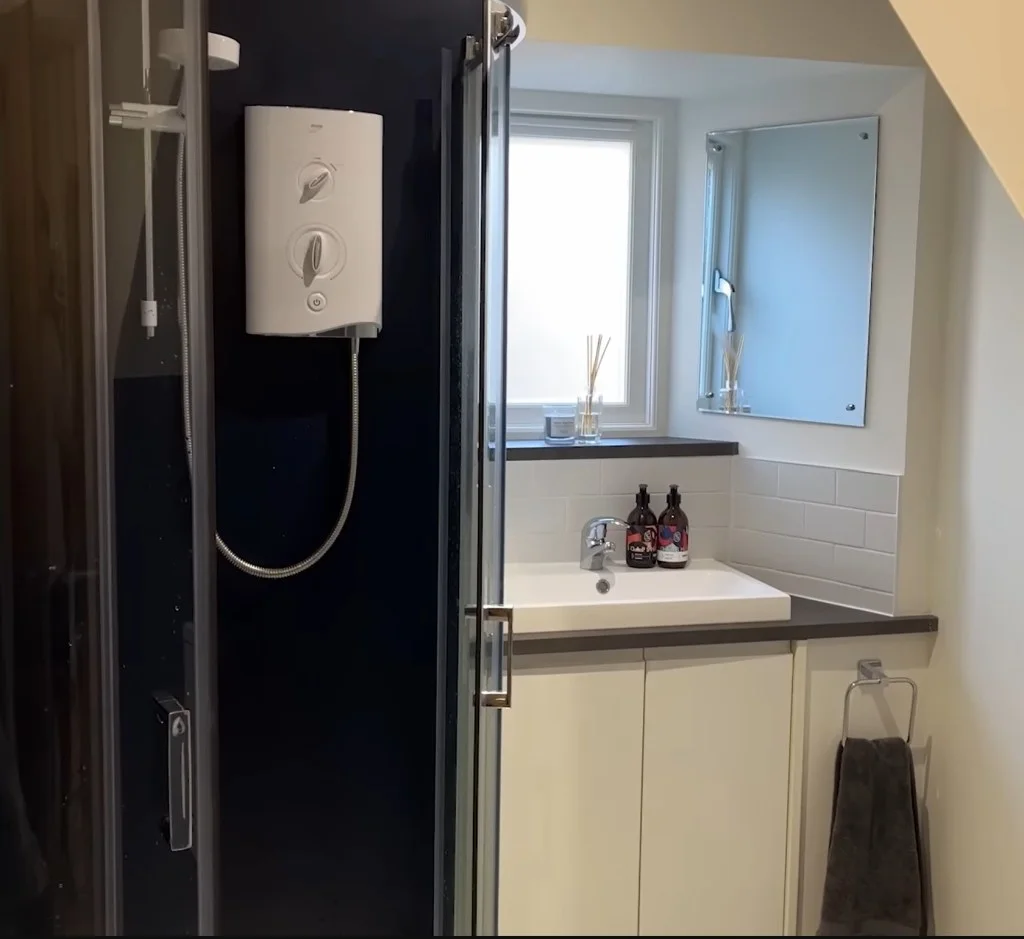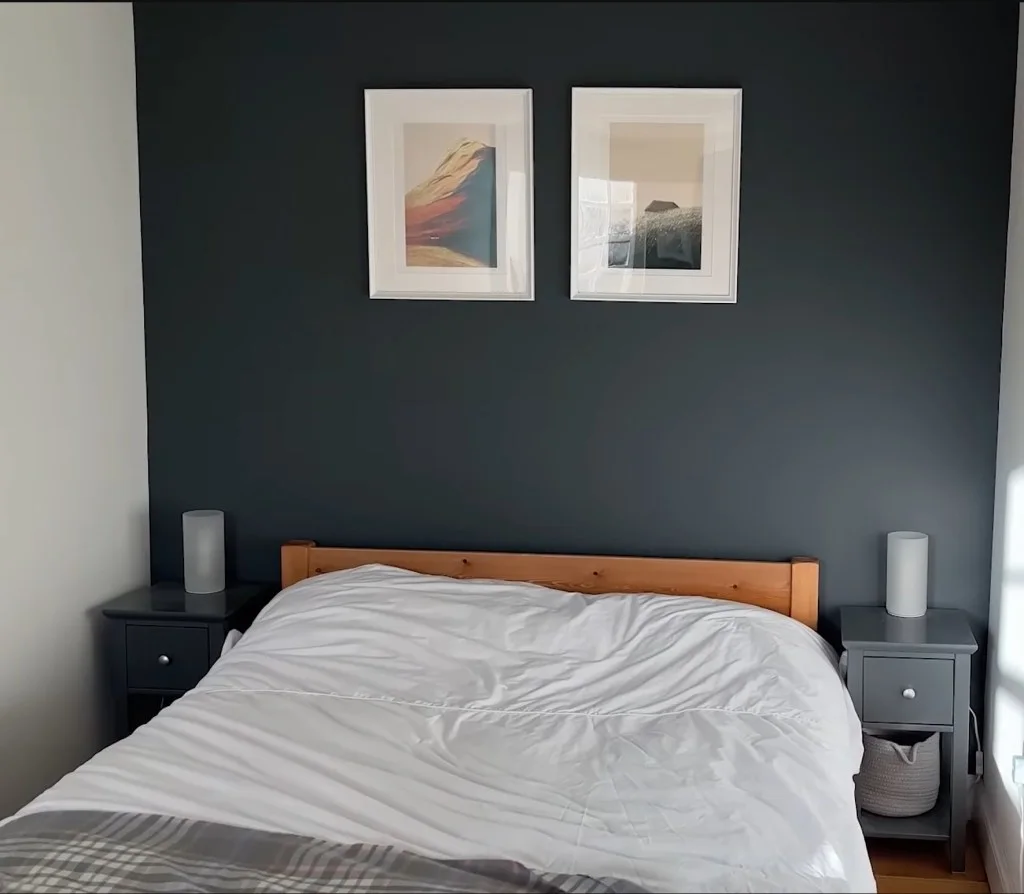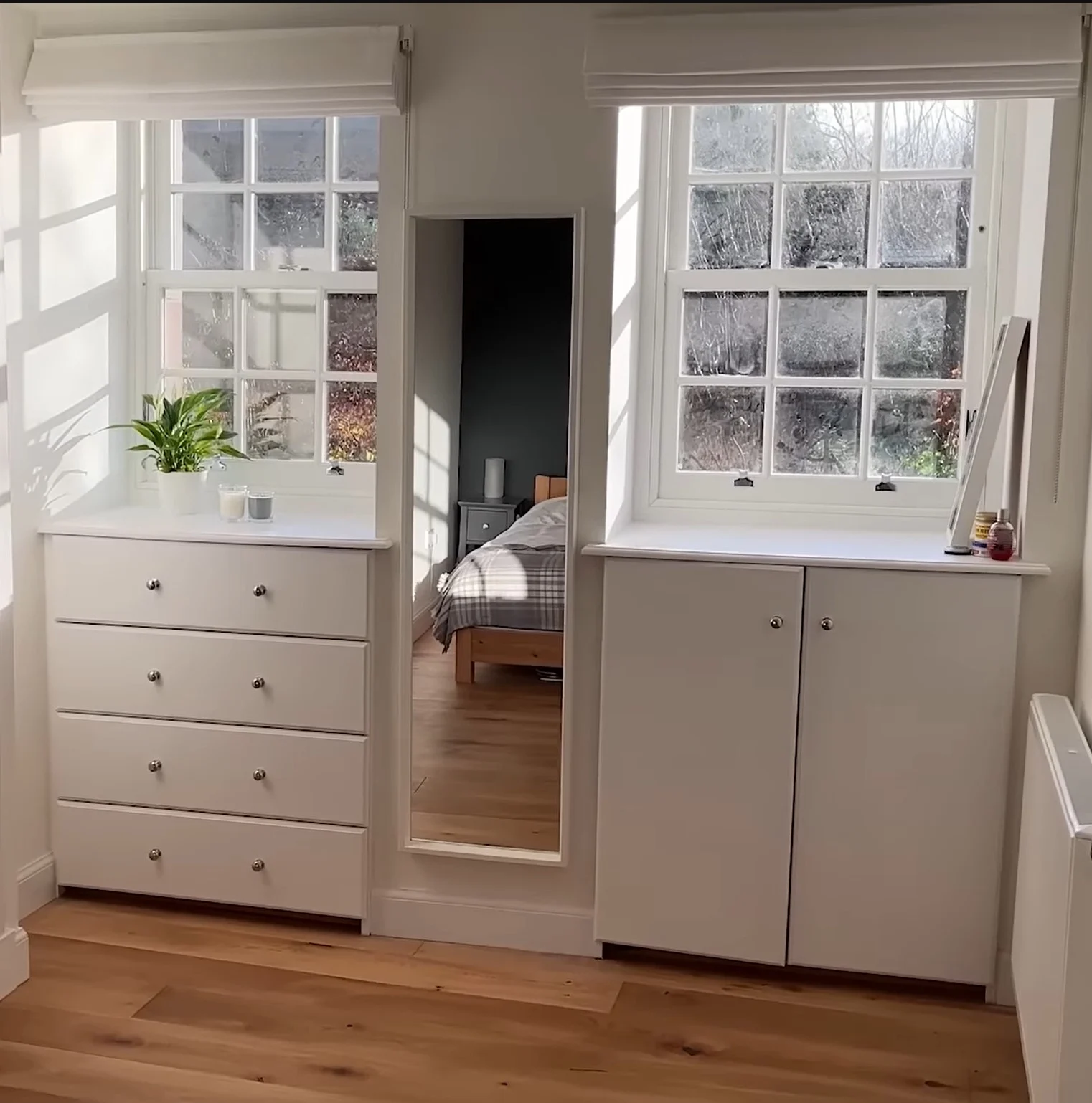In his daily walks up the lane called the “Cobble,” a man from Scotland came across an abandoned small stone cottage located in the area where he spent his childhood. He decided to buy and renovate it.
George Dunnett pointed out there are three deserted or unused structures in the Cobbles. The first one is a small stone cottage, but the former occupants of which and its contents remain a mystery.
Next to it is a small cottage that has yet to be abandoned but is unoccupied and now serves as a museum honoring the 1700s poet Michael Bruce.

Then there is the little stone cottage with two stories formerly used as storage. The stone cottage looked tired and worn from being left for 50 years.
Since he passes it frequently, he decided converting it into a proper home would be fantastic. He decided to buy the dilapidated structure and transform it into his dream home.

The previous owner of the cottage removed everything, leaving just the rough walls, broken floors, a large sliding door that could not be used, and a stair that must be removed.
“There was a lot of structural work that had to be done before I was at the stage of picking out my curtains,” he said. They began by laying out the walls and restoring the original fireplaces using brick and cement.
A new brick stack was added to the bedroom window frame, and the same was done on the second story. They also raised the ceiling to make some more space.

After repairing the ground and mud floor downstairs with concrete, and installing the insulation, George said he immediately noticed the difference in the building’s coziness.
“It was actually nice to come in here during the cold January weather and have it kind of be semi-warm,” he said.
Meanwhile, the builder discovered the roof was terrible upon inspection, causing him to spend more money on scaffolding and repairs.
The roof repairs needed repointing the stonework, which breathed new life into the structure.

After that, things started to take shape inside. George noted that the stone cottage has begun to resemble a natural home since they finished installing the insulation.
Plasterboard gave the stone cottage’s interior a more finished look, allowing him to visualize the rooms’ future functions, but the bedroom felt like a prison cell before installing the sashing window casing.

George says he and his mother painted the house together and chose white for the walls and trim because he wanted the atmosphere to be “light and cheery,” but he added some blue-gray accent walls in the bathroom and bedroom to make it more interesting.
Meanwhile, the addition of the oak flooring made a considerable difference to the aesthetic appeal of his home.
The last bit of work done inside was the installation of a metal stair railing by a local blacksmith. Meanwhile, George’s father laid the final cobblestones in front of the stone house for the exterior’s finishing touch.
It is his father’s first time laying cobbles, but George thought he did a fantastic job. Moreover, the transformation was well worth the nearly year-long effort.

Inside, the old photos of the stone cottage hang in frames by his bedroom door. George opted for a low-down bed, which gives his bedroom a minimalist, but elegant look.
He also used the space under the room’s windows for his little closet and some cabinets.

The bathroom is spacious despite its minimal design, It has a full shower, toilet, basin, mirror, and frosted window.
George also choose oak for the staircase to complement the hardwood flooring and installed a Velux roof window above it to let more natural light come in. Going up, there is a little bookshelf near the stairwell, but George said he had not read any of those books yet.
His work desk is tucked away in a nook next to the railings, facing the living room.

The second story also includes the kitchen. Under cabinet lighting illuminates the ample counter space, sink, stove, and storage space. Under the countertop are a small refrigerator and a washing machine.
On the other side, opposite his desk, is the living room. It is cozy, with a big-screen TV and a big couch, and a gorgeous tempered glass coffee table.
There is also a beautiful window in the living room that offers a nice view of the hill in front of the house and his neighbors’ garden.

“Using the money I saved up over the years from my work as a video editor and my YouTube channels, I paid for the house and all of the work and furnishing myself, minus the loan amount,” he said.
Overall, George estimates that he spent £157,844 ($196,278) on the restoration, including the cost of purchasing the property.
“I was quite naive about just how long it would take,” George said. “Initially, the builder told me it would be two months and cost £40,000 ($49,739)to do it all. But with time, and as they get into the build, you’ll find that it’ll take at least twice as long and cost twice as much.”

Meanwhile, George and his brother are looking into purchasing another neighboring fixer-upper. This time around, he plans to do the remodeling himself. The nearby stone cottage is “not as severe a project — that’s just a building that needs some work done inside,” he said.
“So I’m going to try and do all the joinery work on that and see how much I can do myself.”
Watch how George Dunnett turn an old, dilapidated stone cottage into his first tiny home here:
